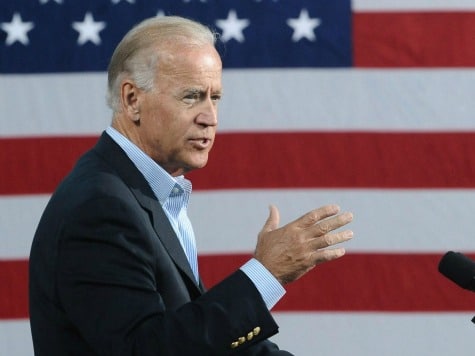Millennials are the generation of racially accepting, diverse, progressives who are obsessed with technology and only have wonderful things to gain from the digital age.
That’s the idea of the younger generation that has been packaged, pitched and sold for years.
It’s also a perception that may not be as accurate as it initially seemed.
A report published by Al Jazeera proved that millennials aren’t as progressive as they claim to be and now Kentucky journalism professor David R. Wheeler is suggesting that the digital age has a clear message for the young people in its workforce.
“Drop dead.”
That’s what Wheeler says Silicon Valley is really telling millennials.
For years, the technology industry has been perceived as a saving grace for graduates and those who want to be CEOs rather than employees.
Young mobile app developers have high hopes of becoming the next emerging tech billionaires and the unemployment troubles for the younger generation will soon be nonexistent. Right?
Not quite.
“Silicon Valley is tossing millennials aside like yesterday’s laptop,” Wheeler writes in a blog post for CNN.
He lists some troubling and true statistics.
“But despite falling unemployment, college grads age 22 to 27 are stuck in low-paying jobs that don’t even require a college degree,” he adds. “The percentage of young people languishing in low-skill, low-paying jobs is 44 percent, a 20-year high.”
He adds that only 36 percent of college graduates are even working jobs with salaries of at least $45,000.
After adjusting for inflation, it marks a severe decline from the 1990s.
Statistics also revealed that more and more graduates are getting paid less than $25,000, and other studies suggest the younger generation is rarely given the benefits expected from full-time employment.
These numbers aren’t new. In the past, they have been used to suggest that the labor market is more competitive than ever and reveal the lack of value placed on young hires fresh out of college.
That’s always where Silicon Valley promised to be different.
Where other industries failed to value young, innovative minds, the world of tech was supposed to cherish them.
Wheeler says that’s not what’s happening.
The younger generation is not rushing off to become tech entrepreneurs or successful app developers, although that’s what their dreams may have been.
The rapidly growing digital age is actually forcing many young workers into “sharing-economy jobs.”
“The sharing-economy jobs are even worse than minimum wage jobs because they offer no stability or protections for workers,” Wheeler writes. “Sharing-economy jobs aren’t really jobs at all; they’re freelance gigs.”
Gigs like becoming Uber drivers.
Gigs where the major corporation receives the greatest economic benefit from a young worker’s service while the actual driver pulls in shockingly low amounts of revenue.
There are also those long-standing concerns with technology snatching jobs from blue collar workers.
It all points to a bleak reality of more high-tech jobs for some, while many current middle-class workers would be out of work.
It’s certainly something to consider and all the more reason why technological progression must come with balance and caution.
Tech’s limitations should also be defined by ethics and not merely by what is technologically and scientifically possible.
At the same time, one must understand that as time passes, certain jobs will certainly be replaced as other new types of jobs grow in demand.
Hey, at one point men and women were being paid to set up the pins at bowling alleys rather than having machines take over and reset the game in a matter of seconds.
When it comes to a happy relationship between tech and the middle class, Silicon Valley and all those involved will have to work hard to maintain a certain level of economic and ethical balance.







